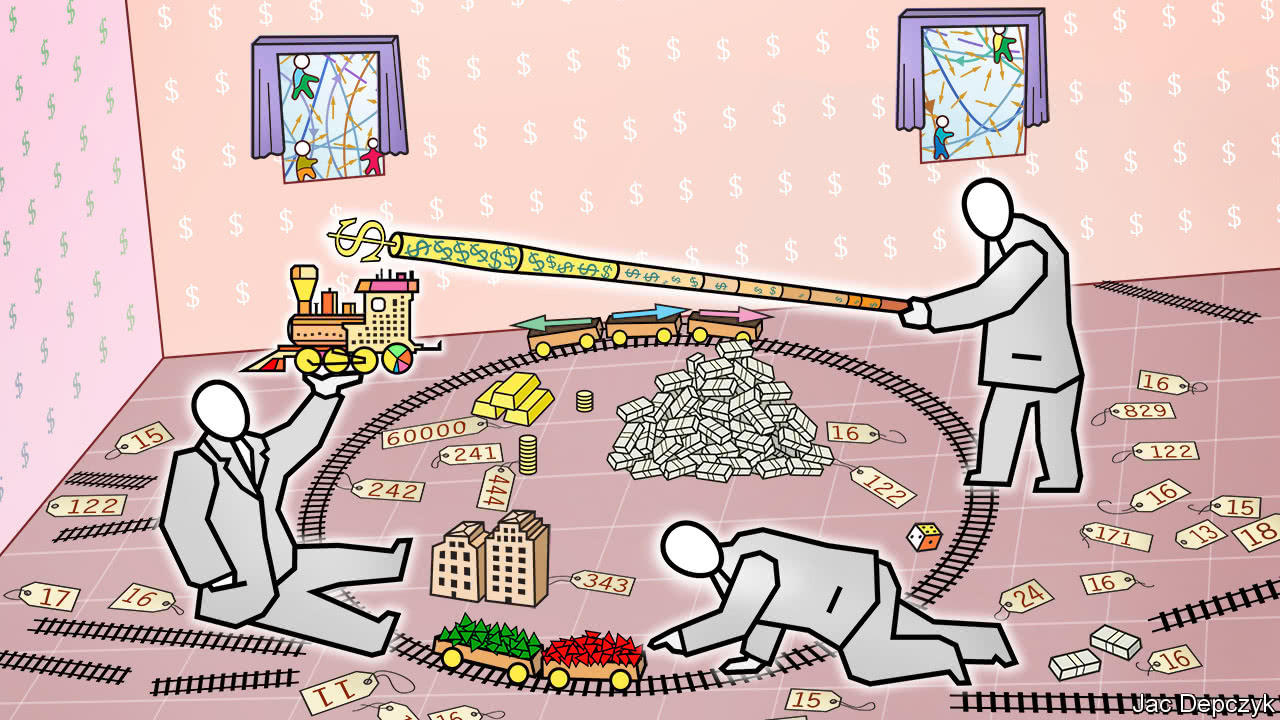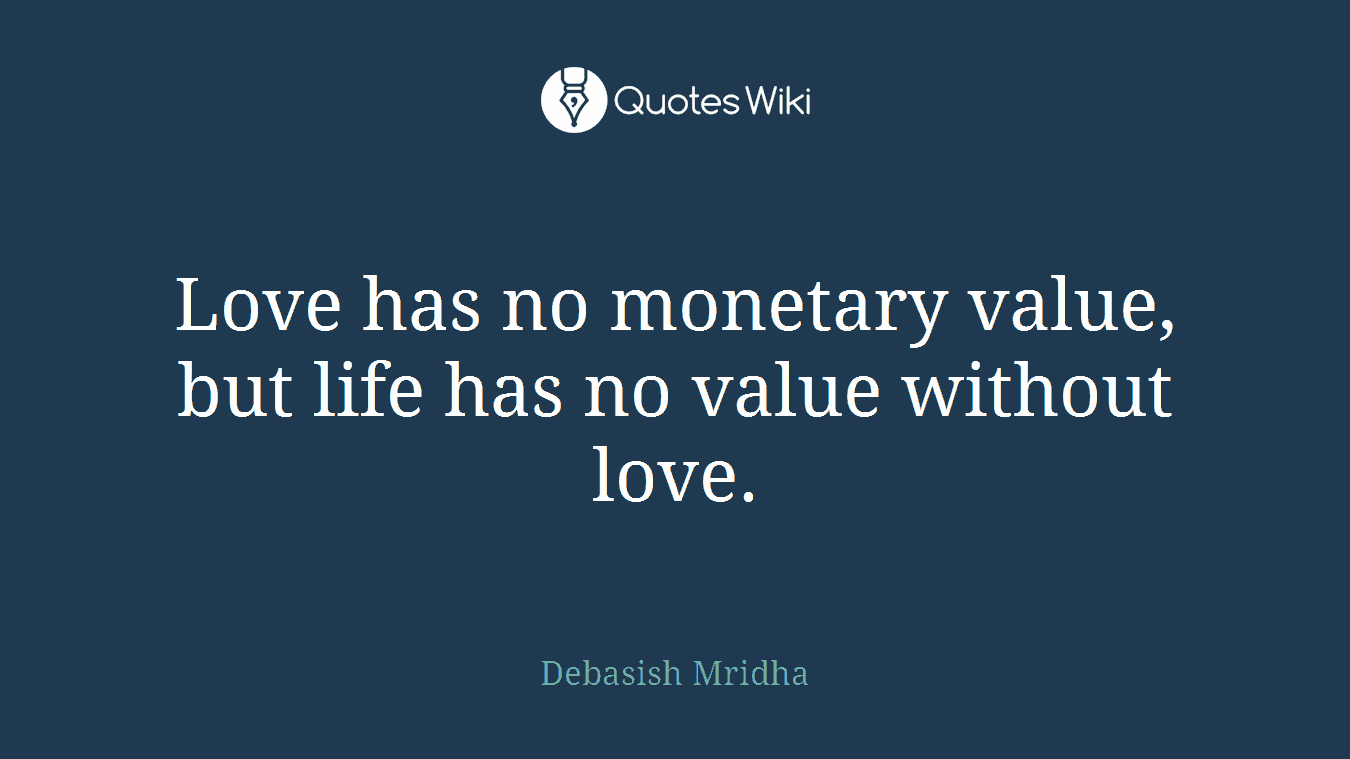NO PRICE TAG, BUT PRICELESS…

Photo:jillhewlett.com
I am an economist. I know the price of everything, and the value of nothing!!
‘Economists are often accused of believing that everything — health, happiness, life itself — can be measured in money. What we actually believe is even odder. We believe that everything can be measured in anything.’-David Friedman, ‘Hidden Order: The Economics of Everyday Life.’
Oscar Wilde once remarked – “An economist is someone who knows the price of everything and the value of nothing.” This observation may, or may not be totally true. But economists right from Adam Smith, Bentham, Marx, Jevons and Marshall, Pigou, to Joan Robinson, Chamberlin and Hicks have been engaged in explaining how prices are determined and why and when they are high or low. This, in a nutshell, is the subject matter of price theory, and I have no quarrel with that.
My concern from day one, decades ago, when I started to study economics, has always been: Should economists try to determine the price of everything, including those that are indeed priceless? More on this later.
Before, trying to shed some light on this question, let me tell you from the outset that, I am a trained economist and I do understand the significance of prices in an economy. Yes, indeed, I know that: Prices play a central role in the economic story. The price of goods and services play a crucial role in determining an efficient distribution of resources in a market system. Producers and consumers rely on prices as signals of the cost of making substitution decisions at the margin. Therefore, it is vitally important to know how prices are determined, and where do they come from.
Having said that, for me, all goes wrong when my fellow economists ignore/forget many other factors (those that they are not in control of, those that they cannot measure, or indeed, understand), and apply monetary-only criteria to determine prices and assigning values. Economics is not a hard science, and mathematical models won’t explain why people behave as they do. This is when a much broader perspective is needed. Yet, many across the world, at a huge cost, still turn to economists as if they were physicists, armed with scientific predictions about the behaviour of the body economic. We consumers of economics, and economists themselves, need to be more realistic about what economics can do. What it can measure, and what it cannot. What/how prices can be determined and what cannot.
How do you price the priceless?
Can we price everything, or are somethings in life just priceless?

Photo:babycenter.com
With all eyes fixed on the latest global share prices, bond yields, oil prices, Brexit and Trump prices, the pertinent and priceless question is: Can the Priceless be Priced?
The questions to my mind are: Can we price, for example, the love of parents for their newly born child? Their love and excitement when they hear their first words, mama, dada,..? Can we price our love for our children in general and their love for us? Can we price the first moment when grandparents see their grandchild, hold them, hug them and love them? Can we price love itself? Can we price friendship, comradeship, compassion, gratitude, forgiveness, kindness, generosity, good and goodness, worth and worthiness, beauty and wisdom, prayers, thoughts, reflections, courage, intellect, purpose, legacy,..., and such like? Can we price mother nature and our sacred earth, sunrise, sunset, blue skies, clouds, moon and stars, forests, woodlands, birds and butterflies, the morning chorus, laughter, joy, happiness, being alive, health and wellbeing and more? And finally, can we price life itself, humanity, and what it means to be human?
How do you price the priceless?

Photo:shutterstock.com

Photo:theguardian.com
To my mind, these, and others like them, are priceless. Moreover, if they can be priced, this means that they can be traded, bought and sold, replaced and discarded, just like any other commodity. But, they are not any other commodity, goods and services, are they?
These are the questions that many of my fellow economists, turned pseudo- scientists and mathematicians, as it seems, do not understand, as they go on their merry ways pricing, assigning a monetary value to everything under the sun.
How do you price the priceless?

Photo:shutterstock.com

Photo:sciencealert.com

Photo:three-principles.com

Photo:oklahoman.com
All over the world, people have identified family and friends as central to their identity and happiness. In this respect, the following words and sentiment by a young German executive rings so true: “Now it's all about Productivity, Pay, Performance and Profit- the four Ps- which is fuelled by the three Fs: Fear, Frustration and Failure. Just sometimes I wish that in the midst of these Ps (& Fs), there was some time left for another set of four Fs: Families, Friends, Festivals and Fun.”
Returning to my initial question, why economists keep trying to price everything, I do not know, except, perhaps, they think they are scientists and thus, need to measure everything, as if they can ever be able to prove anything!
Now see what can happen, what can go wrong, when life becomes all about prices, money and profit, and no values to be seen anywhere, near or far!
Economists focus too little on what people really care about

Photo:rsadvisories.blogspot.com
Death and Destruction on Brothers’ Road to Serfdom
Economics and Economists Engulfed By Crises: What Do We Tell the Students?
Economic Growth: The Index of Misery
Economyths exposes the rotten heart of economics
Brexit, Trump and the failure of our universities to pursue wisdom
‘Why Are Our Politicians So Crap?’ The rise and fall of Britain’s political class
Neoliberalism destroys human potential and devastates values-led education
Britain today and the Bankruptcy of Ideas, Vision and Values-less Education
The Age Of Perpetual Crisis: What are we to do in a world seemingly spinning out of our control?

